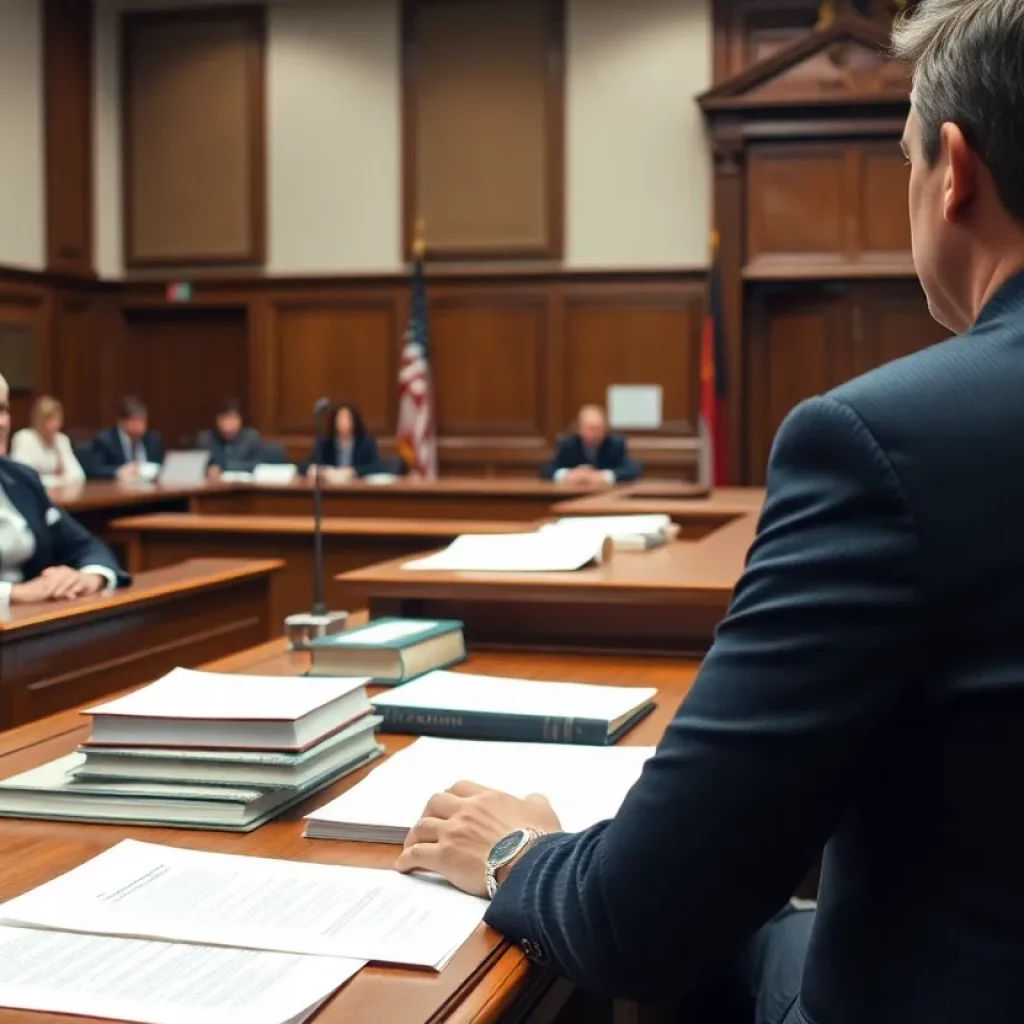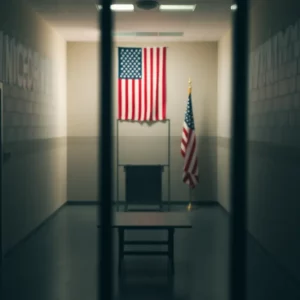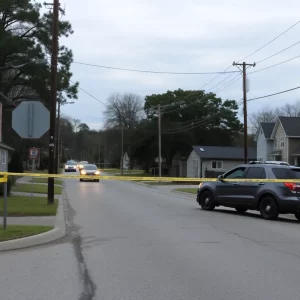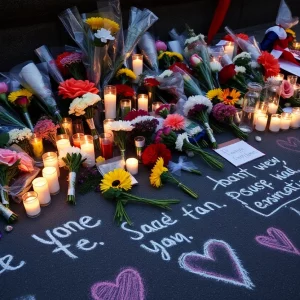News Summary
A recent ruling by Oakland County Circuit Judge Cheryl Matthews denied a motion to disqualify Prosecutor Karen McDonald from the Oxford High School shooting case. The judge’s decision, which followed an attorney’s request to vacate Jennifer Crumbley’s conviction, emphasizes the complexity and high stakes of the case. Prosecutor McDonald expressed satisfaction with the ruling, as the case continues to unfold amidst allegations of misconduct and scrutiny over proffer agreements involving school officials. The ruling represents a significant moment in the ongoing legal battles related to the tragedy that claimed four student lives.
Judicial Ruling Puts Spotlight on Prosecutor’s Role in Oxford Shooting Case
In a recent development in the ongoing legal saga surrounding the fallout from the Oxford High School shooting, Oakland County Circuit Judge Cheryl Matthews has officially denied the request to disqualify Prosecutor Karen McDonald from the case against Jennifer Crumbley, mother of the shooter. This decision underscores the complexities and the high stakes involved in a case that has already shaken the community to its core.
Judge Matthews Declares Lack of Jurisdiction
Judge Matthews stated that she “clearly does not have jurisdiction” to entertain the motion for McDonald’s disqualification. The judge’s determination follows the filing of a request by Michael Dezsi, attorney for Jennifer Crumbley, who is attempting to secure a new trial or to have her conviction vacated. Notably, the ruling not only dismissed the request but also sanctioned Dezsi for what the judge deemed an improper purpose behind the filing.
In a stern stance, Matthews indicated that Dezsi’s actions could be seen as a distraction from the legal proceedings that need to be addressed. It’s crucial to note that as of the ruling, the judge did not make a determination on Crumbley’s appeal, yet she indicated that Dezsi would not be compensated for expenses related to the disqualification motion.
Prosecutor McDonald’s Standpoint
In light of the judge’s decision, McDonald expressed satisfaction with the ruling, reiterating her commitment to pursuing justice for the victims of the tragic shooting that occurred on November 30, 2021. Four students tragically lost their lives, and McDonald has consistently emphasized the significant role of Crumbley’s actions in the fatal incident.
During the mass shooting, alongside the four victims—Madisyn Baldwin, Tate Myre, Hana St. Juliana, and Justin Shilling—six other students and a teacher sustained injuries, adding to the profound impact on the community.
Accusations of Misconduct and Appeal Developments
As tensions rise, Dezsi did not shy away from accusing McDonald of misconduct, alleging secret agreements with prosecution witnesses and unethical practices that he claims compromised the integrity of the case. However, McDonald has dismissed these allegations as ludicrous, asserting that they demonstrate a lack of respect for the victims and their grieving families.
At the heart of Crumbley’s appeal is the suggestion of prosecutorial misconduct regarding proffer agreements forged with school officials who testified against her. The defense argues these agreements withheld pivotal evidence that could have altered the trajectory of the trial. Nevertheless, the prosecution maintains that they were not required to disclose such agreements, insisting no promises of immunity had been made.
Proffer Agreements Under Scrutiny
The controversy surrounding the proffer agreements has drawn significant attention, particularly as they involved a school counselor and the dean of students whose testimonies aided the prosecution’s assertion that the Crumbleys were negligent in their responsibility as parents. The courtroom discourse has raised questions about the prosecution’s transparency and ethical obligations.
Legal Consequences for the Crumbleys
Jennifer and her husband, James Crumbley, were found guilty of involuntary manslaughter for their failure to secure the firearm used in the shooting and for not fully disclosing critical information during a crucial school meeting on the day of the incident. Both received prison sentences ranging from 10 to 15 years. Their son, Ethan Crumbley, pled guilty to all charges related to the shooting and faces a life sentence without the possibility of parole.
Legal Hurdles Extend Beyond Criminal Charges
In addition to the criminal implications, a federal judge recently dismissed lawsuits filed by families attempting to hold Oxford Community Schools accountable for their role in the tragedy. The federal appeals court found that school officials did not act with “callous indifference” regarding Ethan Crumbley’s behavior leading up to the shooting, emphasizing that efforts were made to address his troubling conduct.
The tumultuous proceedings surrounding the Crumbley case illustrate the intricate interplay between criminal law and motivations for justice, as various parties navigate an emotionally charged and profoundly impactful situation for the Oxford community.
Deeper Dive: News & Info About This Topic
HERE Resources
Crumbleys’ Lawyer Moves to Disqualify Prosecutor in High-Profile Case
FBI and ATF Investigate Surge in Shootings in Lancaster, SC
Additional Resources
- Michigan Advance: Judge rules to keep Oakland County prosecutor on case against Ethan Crumbley’s mother
- CBS News: Oakland County judge denies motion to dismiss prosecutor in Crumbley case
- Detroit News: Families push back after federal judge dismisses claims against Oxford schools
- Detroit Free Press: Court ruling in Crumbley case highlights prosecutor’s determination
- BBC News: What you need to know about the Oxford High School shooting case
























